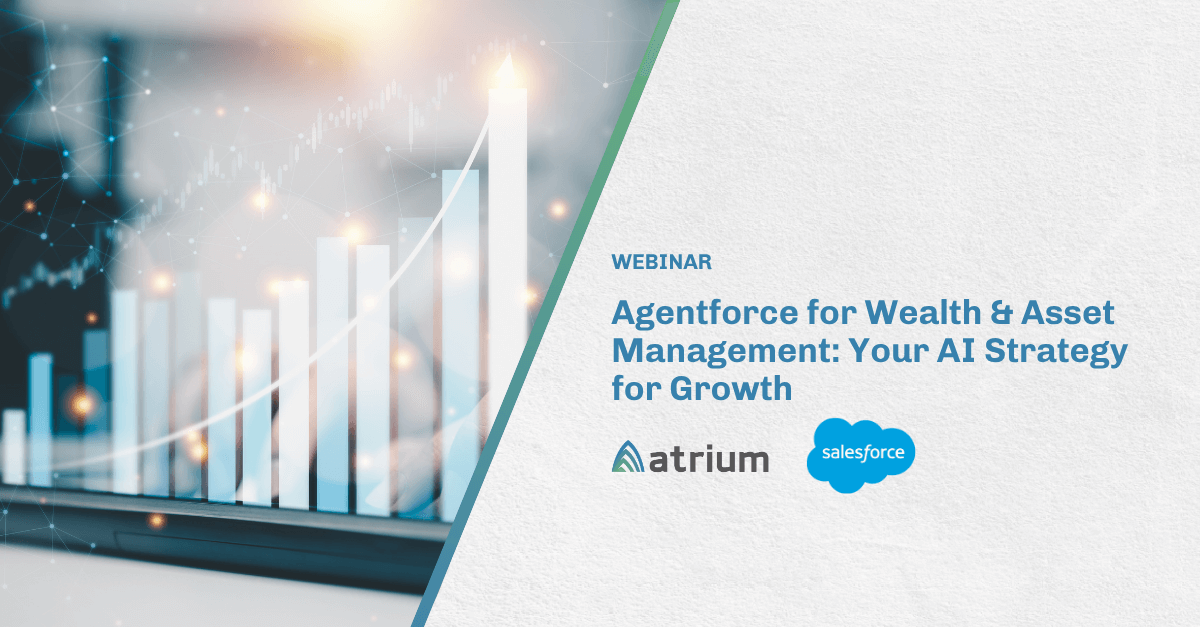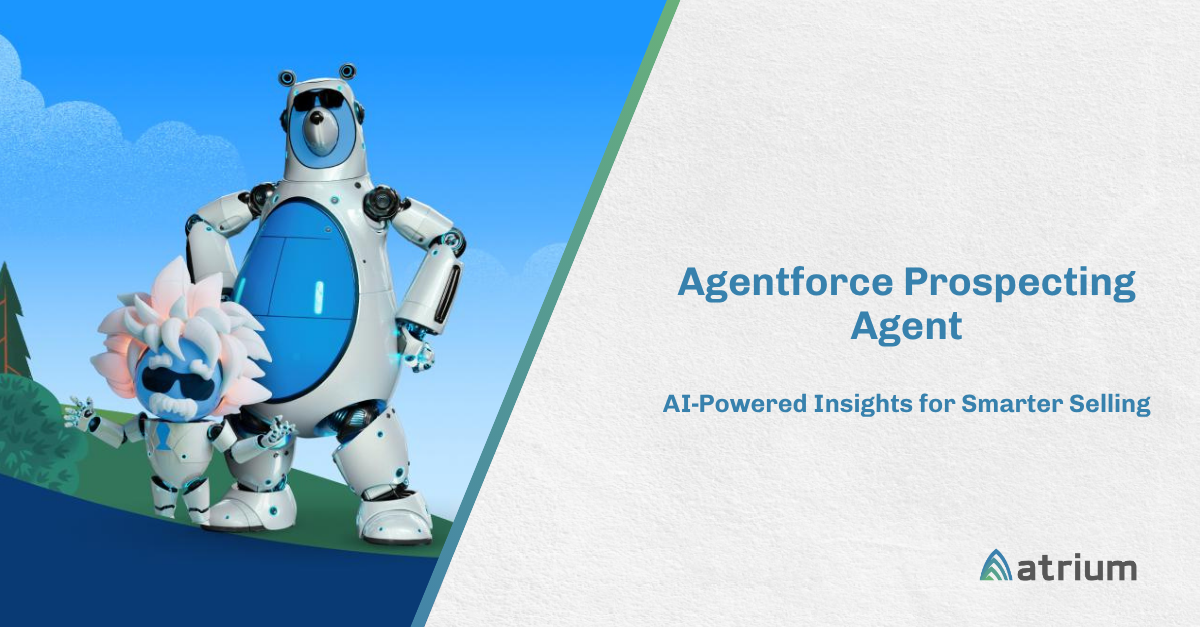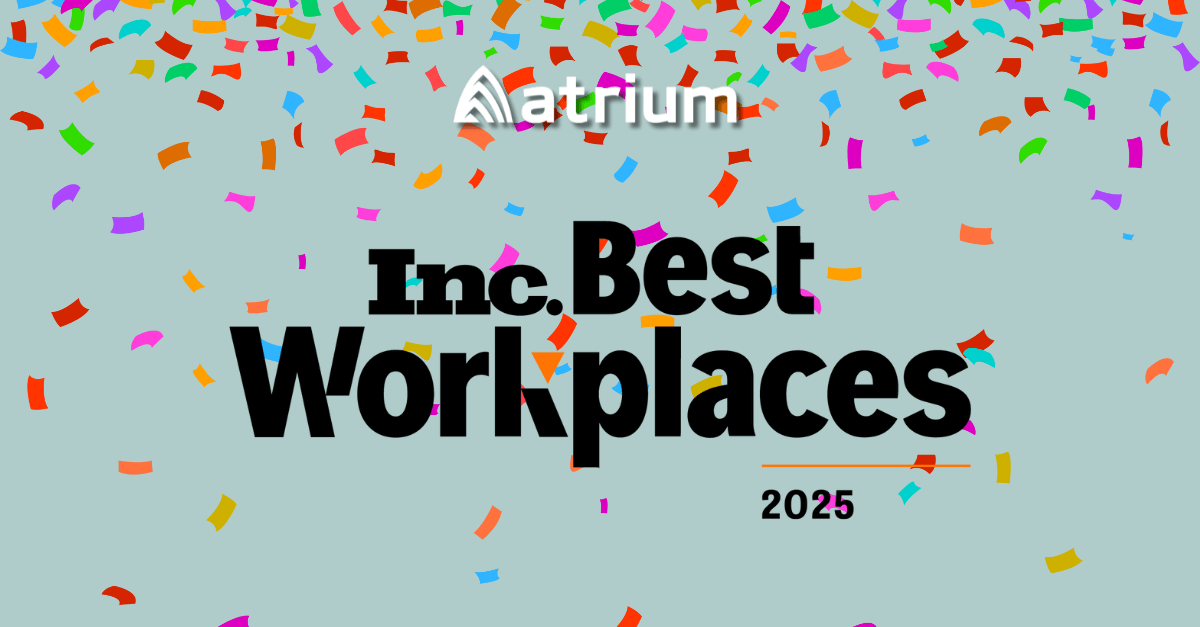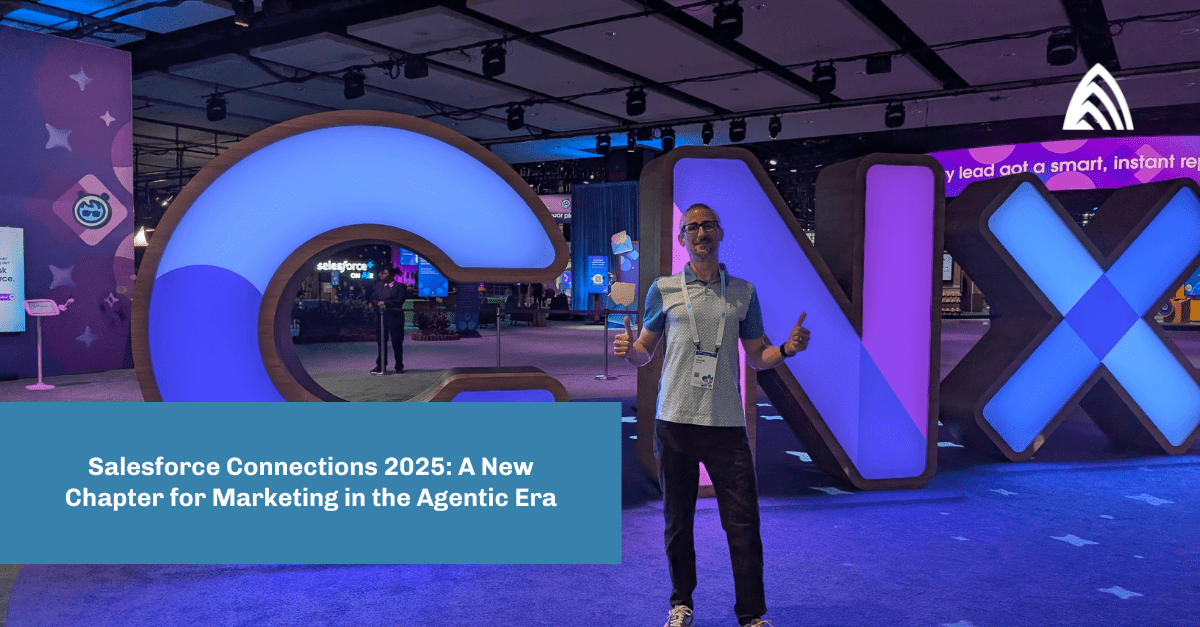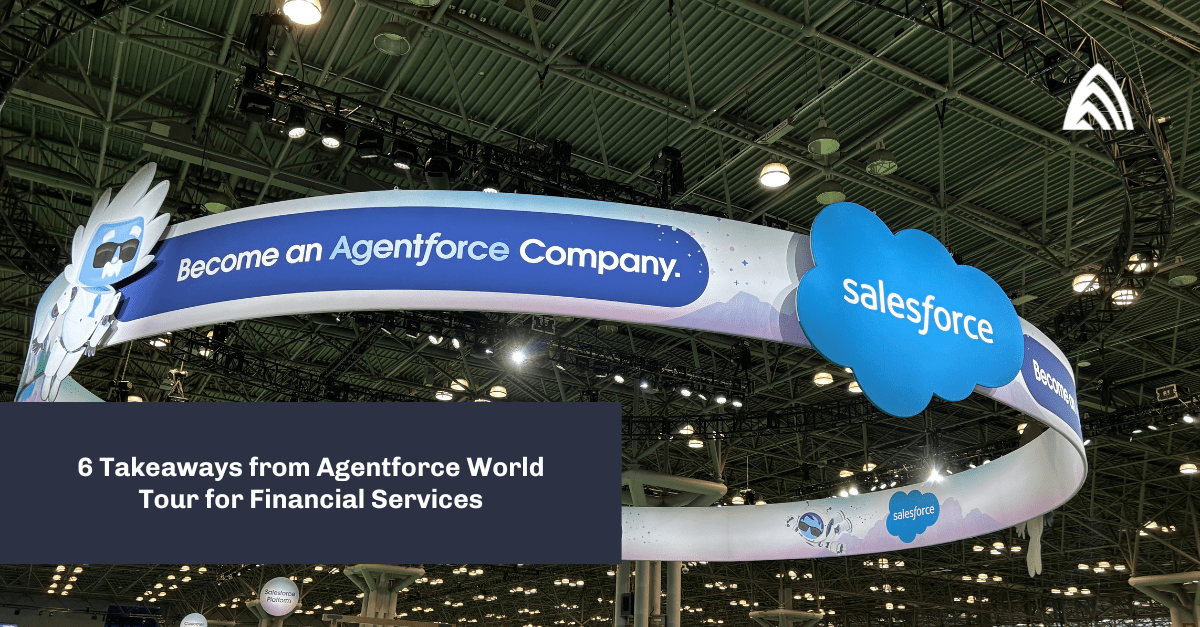As salespeople, we’ve been through training courses and even read books on the qualities that make a great salesperson – listen more than you speak, don’t focus on the sale rather focus on building a business, invest in networking, community, and relationships, and my personal favorite, always seek new, better, faster ways to increase sales efforts. But at the end of the day, we are all different and many successful people have polar-opposite personalities and approaches. That said, there are probably a few things we can agree on:
- We are coin operated
- We like to work with people (usually)
- We hate busywork
Leave Me Alone and Let Me Do My Job
While technology has tremendously improved our productivity over the past three decades (does anyone even remember a world without email?), it has also placed the burden of documentation and sales data squarely on our shoulders and shined the light on our mysterious (and sometimes dare I say even questionable) sales practices. We are asked – no, required – to keep track of our every step, conversation, meeting, email, ad hoc golf outing and customer “dinner”. The CRM has become not only an electronic Rolodex but a “360-degree view of the customer” with every touchpoint documented and cataloged for easy access.
We now have millions of data points in our Salesforce orgs. Ok, so now what? From the corporate perspective, it certainly makes a lot of sense to have rich historical data on our prospects and customers. Many departments within the organization need to know who bought what, when and why. Certainly for us sales folks it’s become much easier to find our information – I don’t even need to open my PC to dig up background on my customer ahead of the meeting. The Salesforce mobile app has just about everything I need to know. This has evolved our tools from being simple Systems of Record where we just input our data to rot to Systems of Engagement. Salesforce has been at the forefront of this transformation, allowing us to access, interact with and enhance our information from anywhere. Not only that, Salesforce’s Clouds allow for direct interaction with our customers through Marketing, Communities, and Applications built on the platform.
Yet all of this doesn’t take our busywork away. If anything, we have more to document and keep track of – opportunity stages, customer cases, corporate news, internal Chatter feeds customer’s friend’s dog’s birthday. In addition to being overpaid for being “the fun one” at company meetings, I want a return on my CRM time investment.
This is Where Artificial Intelligence Comes In
Seriously, we’re going to have robots having full conversations over phones and sending emails while I’m out golfing? Well maybe, but not quite yet. More interestingly and arguably, more importantly, we will finally be able to truly leverage the vast pools of data we have created over the years. In the same way that Amazon recommends the next carry on bag I should be buying, we will finally start to get real, intelligent, meaningful suggestions to make us more productive. With its Einstein artificial intelligence platform, Salesforce has created a way to turn data into actionable insights. Some examples:
- What is the next best lead to follow up on?
- Which opportunity has the highest likelihood to close?
- What’s the possibility of a customer not renewing this year?
These and other questions can be answered with Einstein. But even more interestingly, Einstein tells us the “why” behind its answers. By looking at the data, we can say with a level of certainty that a particular customer is more likely to buy than another and then find out why Einstein believes that is true and how we can influence the outcome. For instance, we might learn that taking the customer out of dinner will, in fact, increase our chance of closure by 13%, therefore justifying what our gut has been telling us all along. The critical aspect of Einstein is its ability to incorporate these insights into our daily routine within Salesforce, not forcing us to go to some other system to do our analysis.
This capability singlehandedly transforms Salesforce from a System of Engagement to a System of Intelligence and allows us to finally unlock the value of all that data we have toiled to enter over the years. We can work smarter by focusing our attention on the deals that are more likely to close, validate our assumptions about our approach and become much more efficient with our time. The dream is finally becoming a reality.




